Terms like ‘carbon neutral’, ‘net zero’, “carbon credits” and ‘carbon market‘ are in such popular usage, that if it wasn’t for phrases like ‘global pandemic’ and ‘COVID19’, they might just be the phrases that define 2021.
Following the EU’s enhanced Nationally Detirmined Contribution (NDC) submission as part of the Paris Agreement in 2021, a groundswell of support for further climate action has been sought internationally.
But perhaps the greatest interest in the journey towards net zero has come from the private sector. During 2020, some of the Australia’s biggest companies made public commitments to carbon neutrality, including KPMG Australia, Woolworths, Officeworks, Bunnings, Coles and Telstra.
Credit value has been surging both locally and internationally, and is projected to double locally by 2030, so for companies wanting to invest in carbon neutrality, now is the time. But how to go about it?
The Emissions Reduction Fund (ERF)
ACCUs must be purchased from an abatement project registered through the Emissions Reduction Fund, which has a project map of available sources, covering a range of environmental remediation strategies.
The Carbon market Institute (CMI) Marketplace
CMI, working in collaboration with the Clean Energy Regulator (CER), has a list of registered projects, registered through Australia’s Carbon Project Registry and ordered by project type. As well as a place to find ACCU-generating projects, CMI’s marketplace is also a useful local resource for prospective buyers. Contact details provided with each project guide buyers to projects that may be wishing to sell ACCUs or facilitate the sale of another project’s ACCUs.
As a market pioneer in Australia, GreenCollar’s domestic and global team are well placed to advise on how to select high quality and high integrity Australian and international carbon credits across various project types and jurisdictions at competitive prices.
Updated 27 May 2025.







